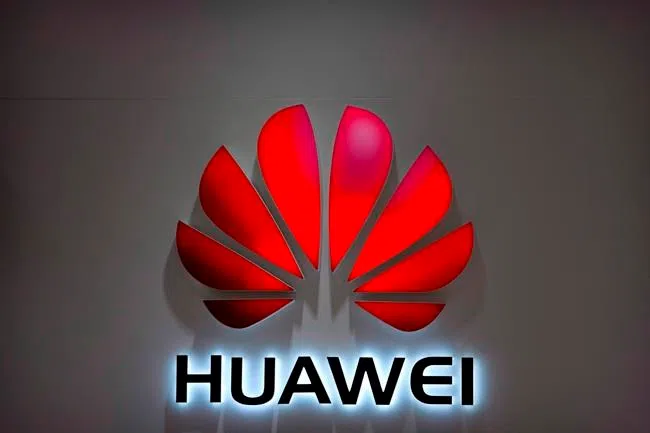
Huawei arrest in Canada adds new wrinkle to fraught China-U.S. trade relations
WASHINGTON — If trade ties between China and the United States had a Facebook page, this week’s relationship status would surely read, “It’s complicated.”
Even more so now: Investors, barely over the market-roiling mixed messages out of last weekend’s supposed tariff detente between President Donald Trump and Chinese counterpart Xi Jinping, fretted anew Thursday at the arrest in Vancouver of Meng Wanzhou, the chief financial officer of Huawei Technologies Ltd.
Huawei, of course, isn’t just any tech firm. It’s China’s largest mobile phone maker, the crown jewel in Xi’s national IT ambitions, a privately held juggernaut with projected 2018 sales of more than $102 billion US that has already overtaken Apple in smartphone sales and has Samsung squarely in its sights.
And Meng isn’t any old executive; the daughter of Huawei founder Ren Zhengfei, she’s described in some circles as “corporate royalty” in China. On TV and social media, commentators likened her arrest to the detention in China of a Mark Zuckerberg sibling or a cousin of Steve Jobs.
